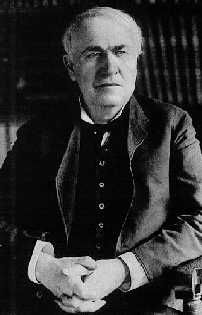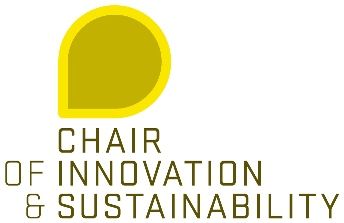Voters Want a Level Playing Field for Renewable Energy
The Writer’s Almanac reminds us that it’s the birthday of the French thinker and historian Alexis de Tocqueville whose visits to the fledgling U.S. in the early 19th Century culminated in his famous book, Democracy in America. According to the Almanac:
During his tour, the aristocratic Tocqueville was impressed by the fact that American Democracy actually worked. He wrote: “There is one thing which America demonstrates invincibly, and of which I had been in doubt up till now: it is that the middle classes can govern a state…They are adequate for the ordinary run of society. In spite of their petty passions, their incomplete education and their vulgar manners, they clearly can provide practical intelligence, and that is found to be enough.”
I’m not sure that he’d draw the same conclusion at this point. (more…)


 I urge our readers to check out this article that Glenn Doty, an extremely senior energy analyst and frequent commenter here at 2GreenEnergy, wrote on
I urge our readers to check out this article that Glenn Doty, an extremely senior energy analyst and frequent commenter here at 2GreenEnergy, wrote on 

